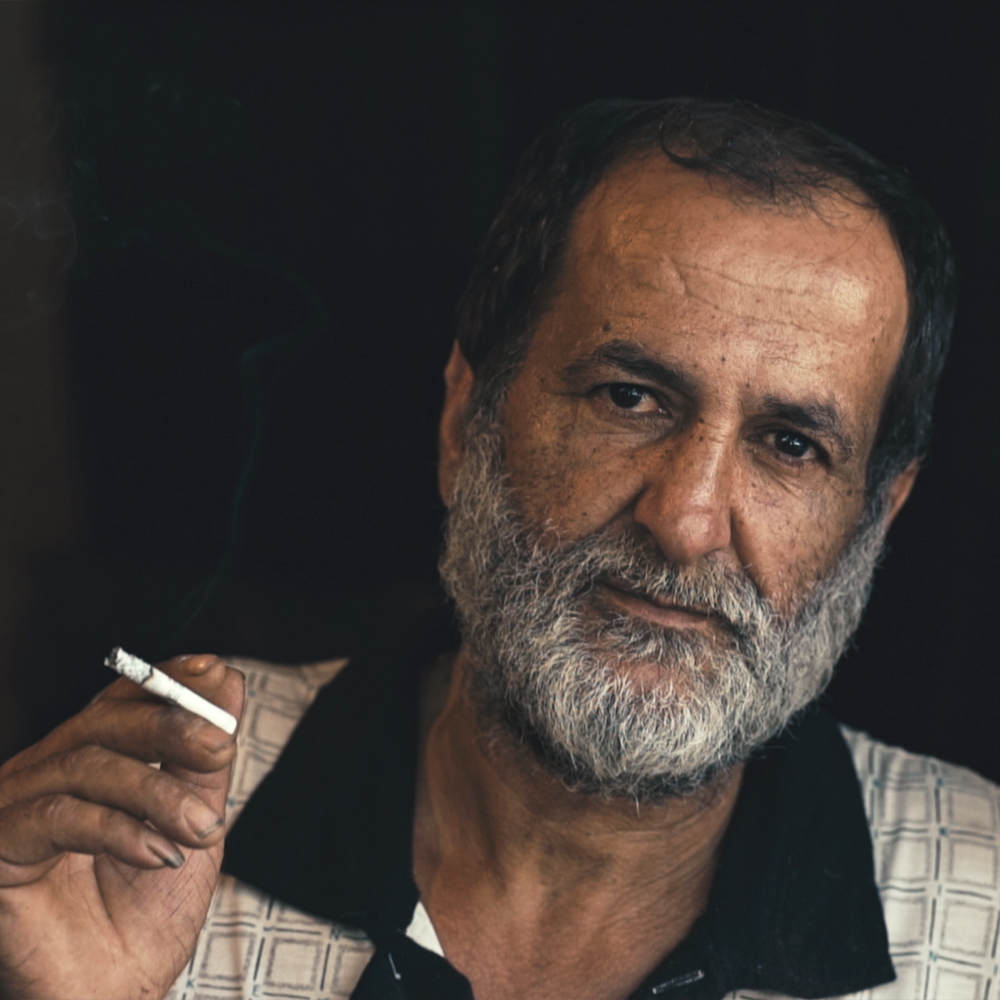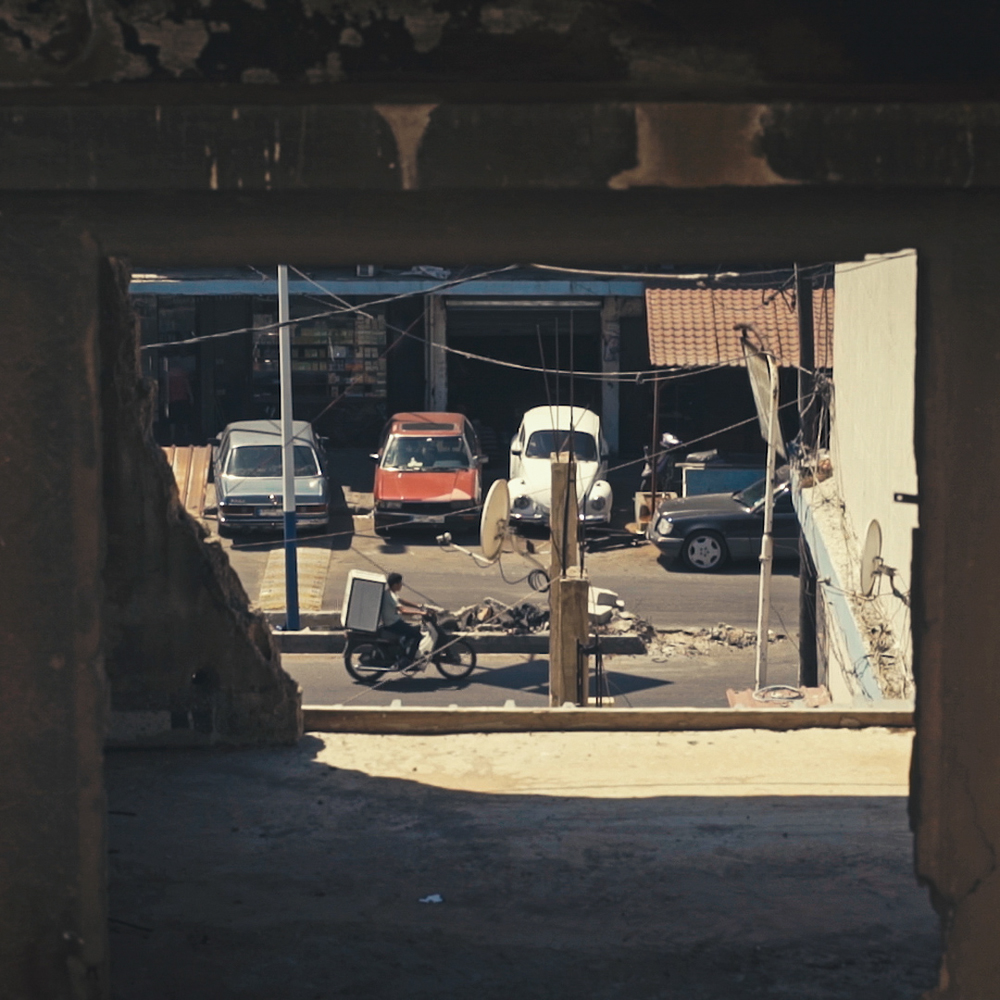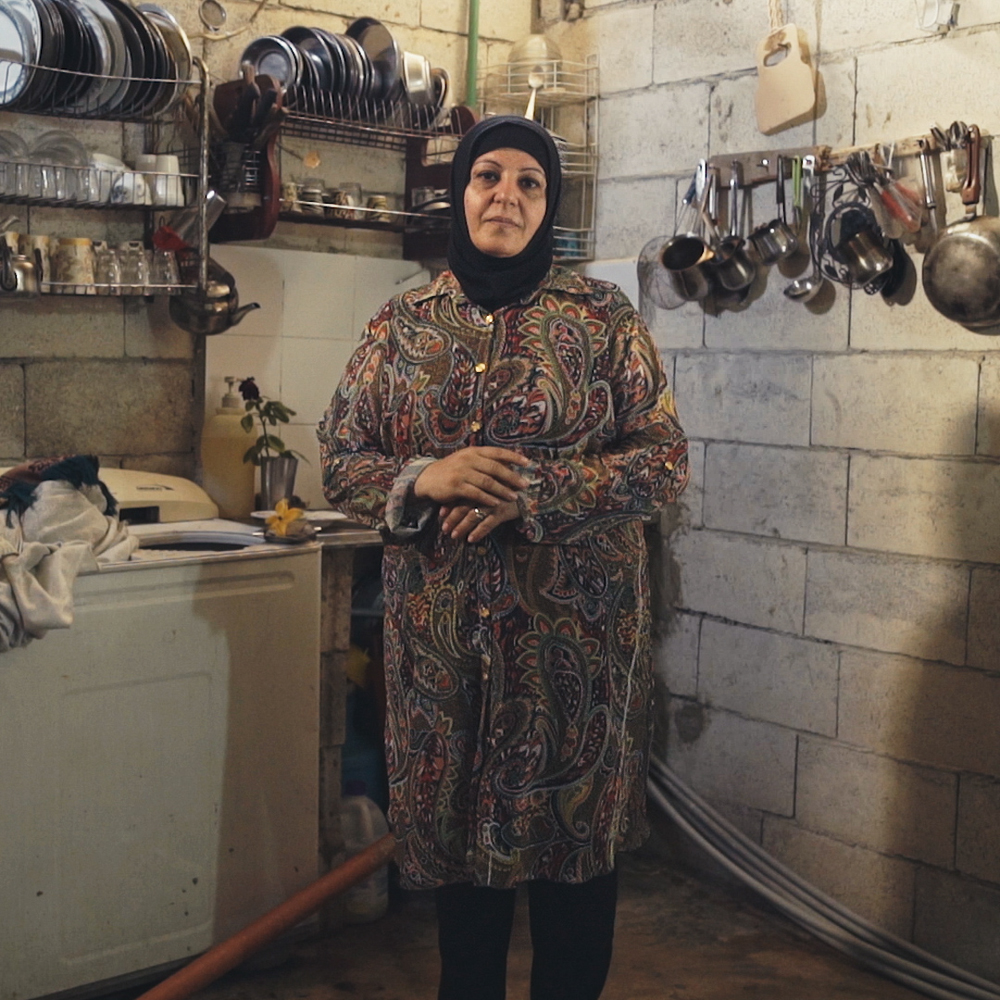Malak Jaafar
Communications Officer, ICRC Lebanon
I was too young to understand. As my parents drank their afternoon coffee on our balcony in Beirut, I would point to the three bullet holes in the wall and ask my dad where they had come from. “Why would anyone shoot at someone else’s home?” my 8-year-old self would ask.
His answer was always the same: “Lebanon’s 15-year civil war.” But I was born after the war. I didn’t understand what civil war even meant or, more importantly, that the war had done more damage than those three bullet holes over our balcony door.
The older I got, the more I realized that being born after the ceasefire didn’t matter: the war was the background theme to
everyone’s life — young or old — in Lebanon.
You saw it in the bullet-riddled buildings across the country and in the people who bore its physical and mental scars. You heard about it in your parents’ childhood stories and in most descriptions of Lebanon, which too often start with “Before
the war…”
With the onset of the Syrian crisis next door, I joined the ICRC as a communications officer. I wanted to be part of the organization that alleviated some of the burdens that my parents had experienced during times of conflict.
When I visited Jabal Mohsen and Bab el-Tebbaneh for the first time, what I saw felt like a slap in the face. I thought the Lebanese war was over. Why did these two areas look like they were stuck in the past? Civilians were caught in the crossfire and their homes, businesses and even schools were all turned into battlefields.
Like my parents and most people who had lived through
the civil war, residents struggled to explain how they could
live peacefully during the day then target one another at night.
In one of the homes on Syria Street, we were filming with a family who was part of an ICRC project that aimed to help locals bolster their livelihoods and the mother was showing us her daughter’s bedroom. The pink and purple furniture was riddled with bullets. As she was telling us her story, her 11-year-old daughter interrupted her: “Why would anyone shoot at someone else’s home?”
 Red Cross Red Crescent magazine
Red Cross Red Crescent magazine 








